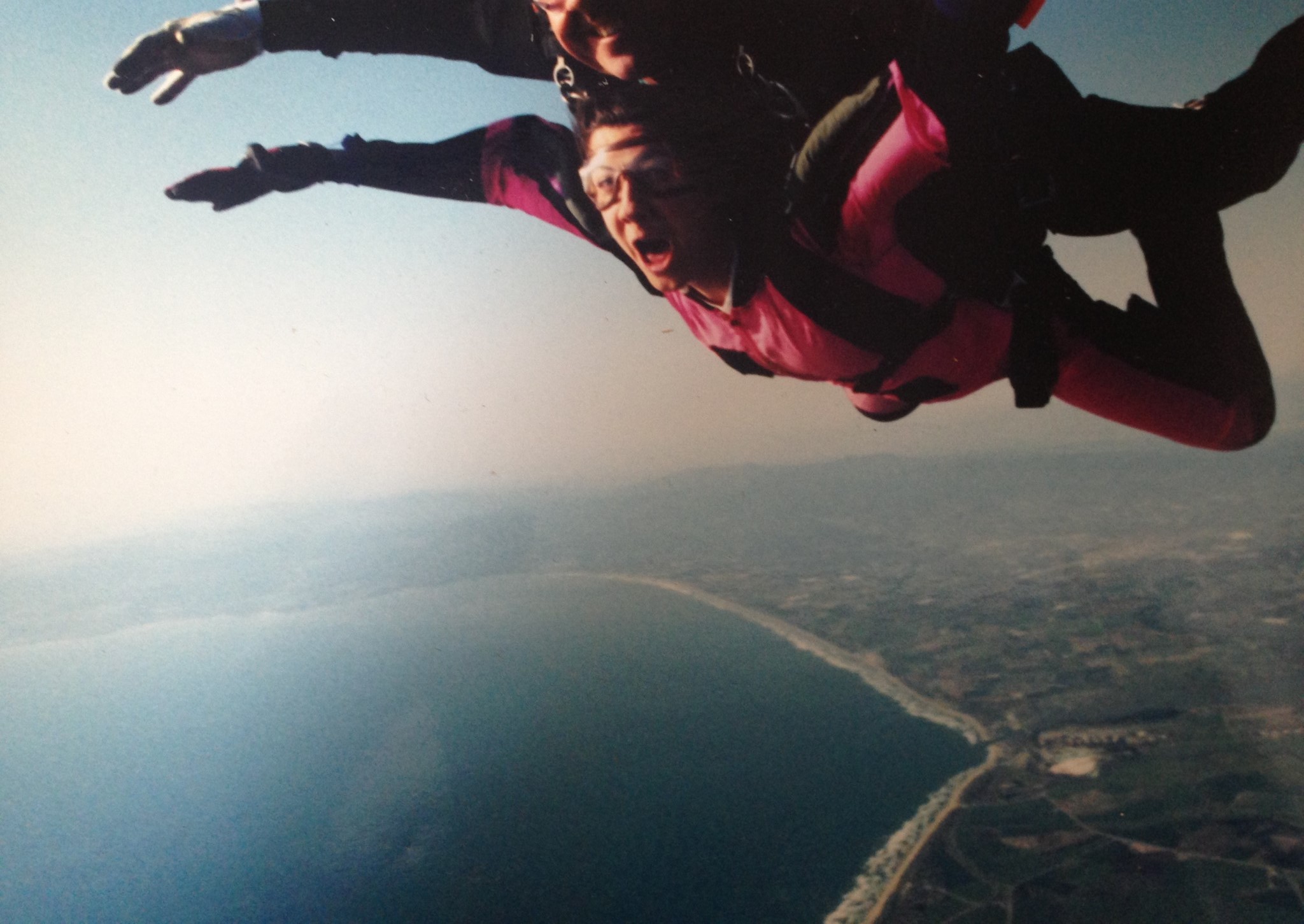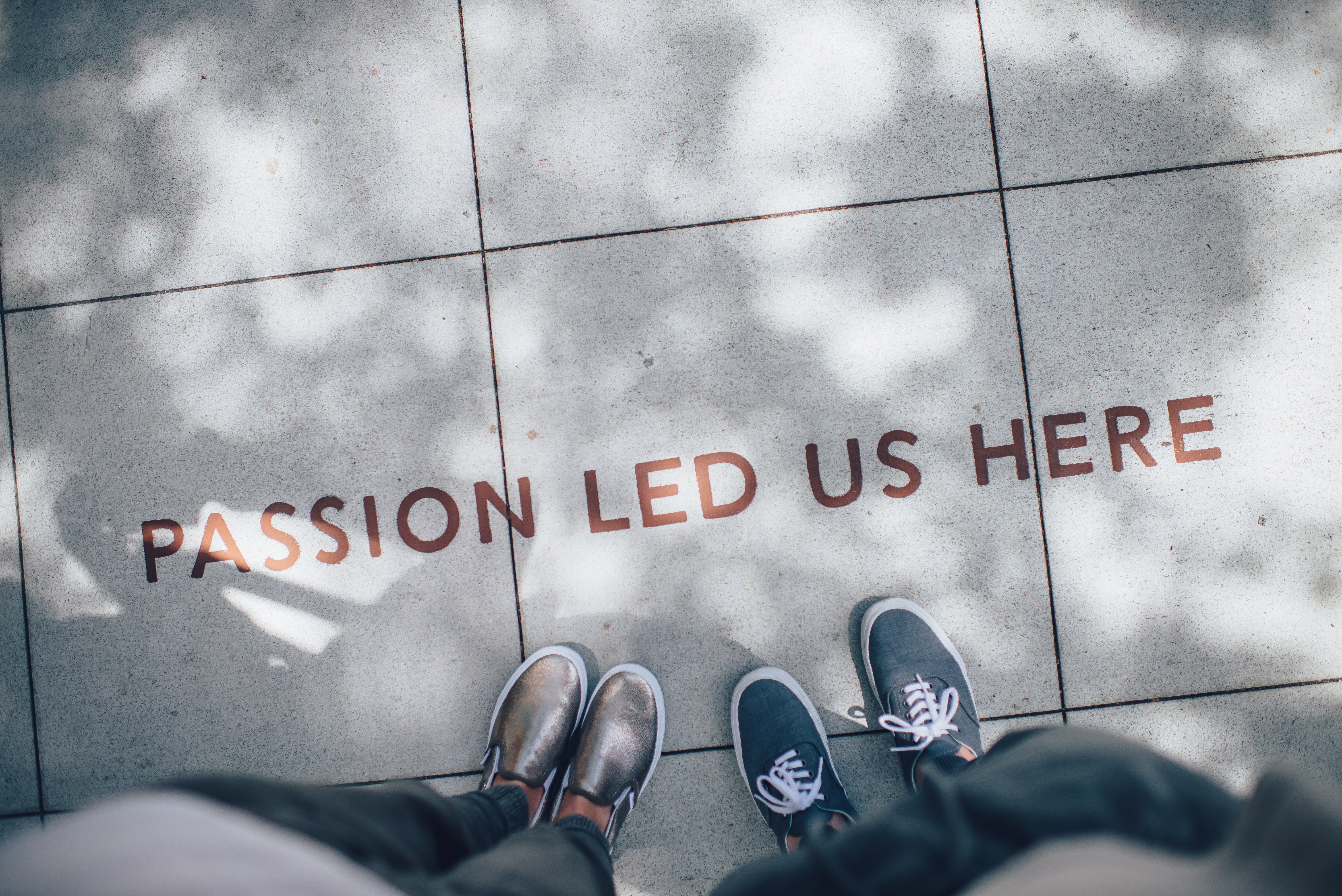
[Flash] Find an Excuse or Find a Way (like Lady Gaga)
In 2006 Lady Gaga had dropped out of NYU to pursue music, but then Def Jam Recordings canceled her contract. After crying on her grandmother’s couch, her father gave her one year to figure it out.
Also in 2006, music manager Troy Carter’s star client canceled his contract. Carter’s business suffered, his home was foreclosed, his car was repossessed. He teetered on the brink of bankruptcy.
Right after signing with Interscope Records, Gaga hired Carter to be her manager. They worked nine months developing her music, but Interscope kept giving Gaga’s songs to other artists to perform,relegating her to a songwriter.
Carter and Gaga fought for control of some songs that she would perform, like Just Dance and Poker Face. But radio stations wouldn’t play them.
So they took her songs and performances to global audiences directly via Facebook, YouTube, and Twitter. In Carter’s words, “We super-served underground music communities” on these fairly-new social platforms and in clubs until her music caught fire.
And their perseverance paid off.
- To date Lady Gaga has sold over 27 million albums and 146 million singles. She has won Grammy Awards, Golden Globe Awards, and an Academy Award.
- Since signing Gaga, Tory Carter has managed music stars like John Legend and Meghan Trainor, and launched his own investment company, Atom Factory.
Throughout their journeys, Lady Gaga and Troy Carter faced many opportunities to claim defeat, blaming a myriad of excuses.
Instead they found a way.
We all have excuses:
- Lack of time, money, resources connections
- Battling bad bosses, peers, technology, traffic
- Suffering injustices, trauma, and drama
But at our core, we are not unlike Lady Gaga…
- When we want something, we find a way.
- When we don’t, we find an excuse.
What lies between the excuse and the way is our conviction!
![]()







